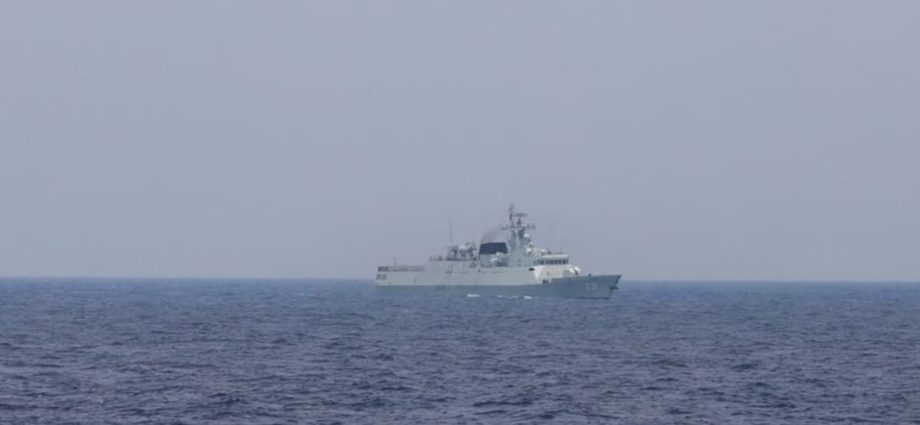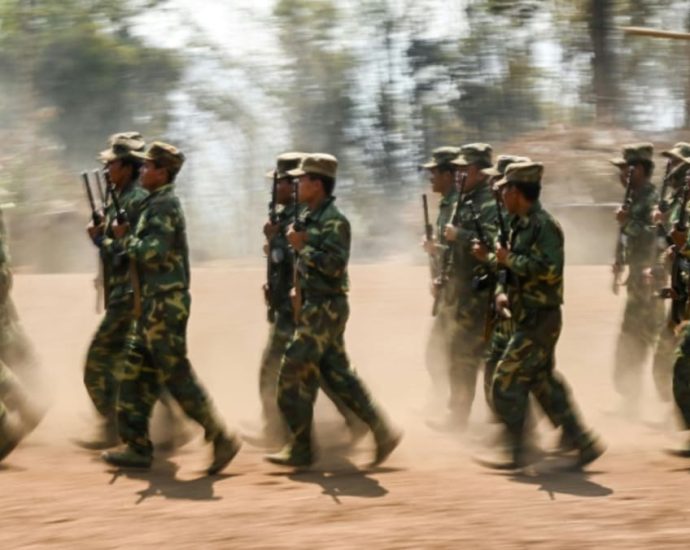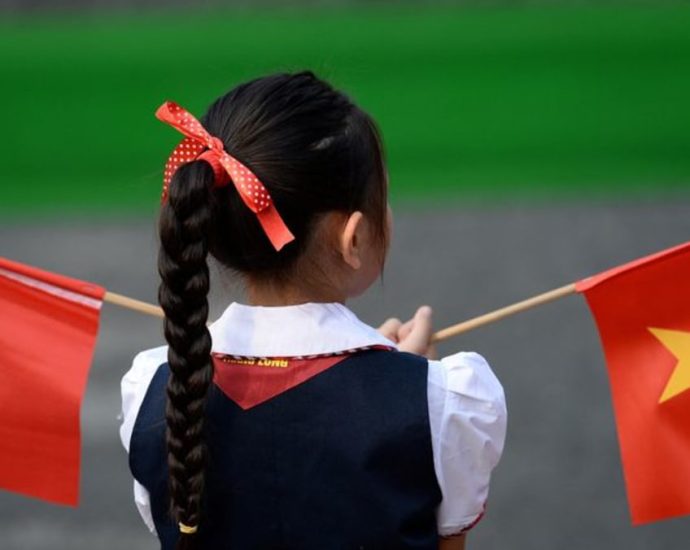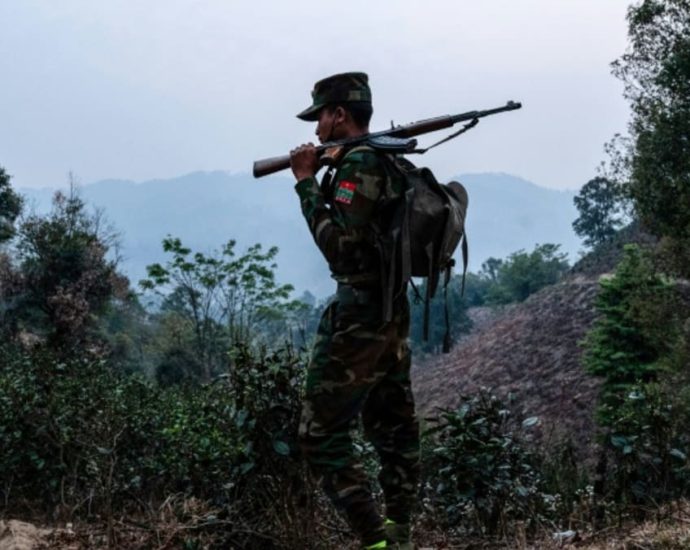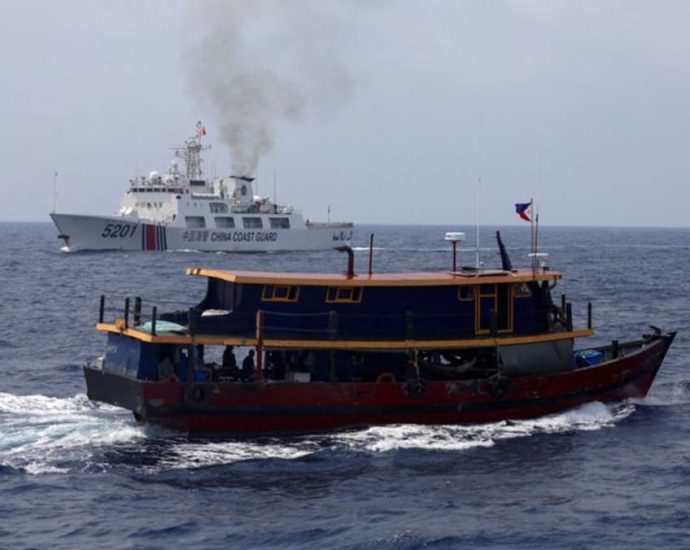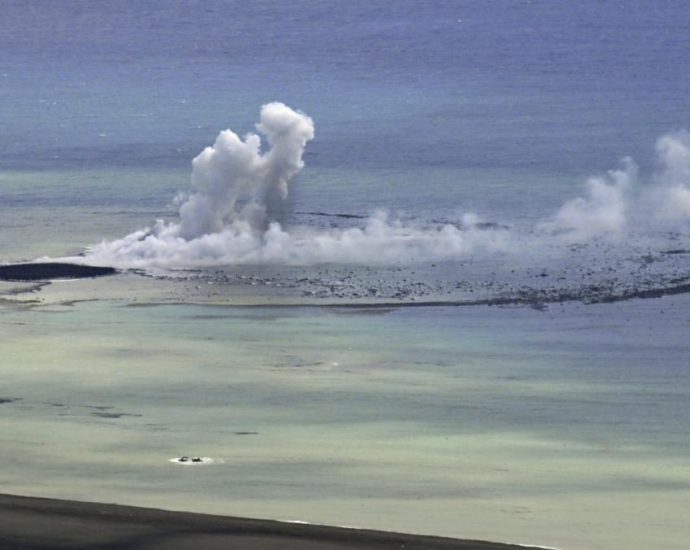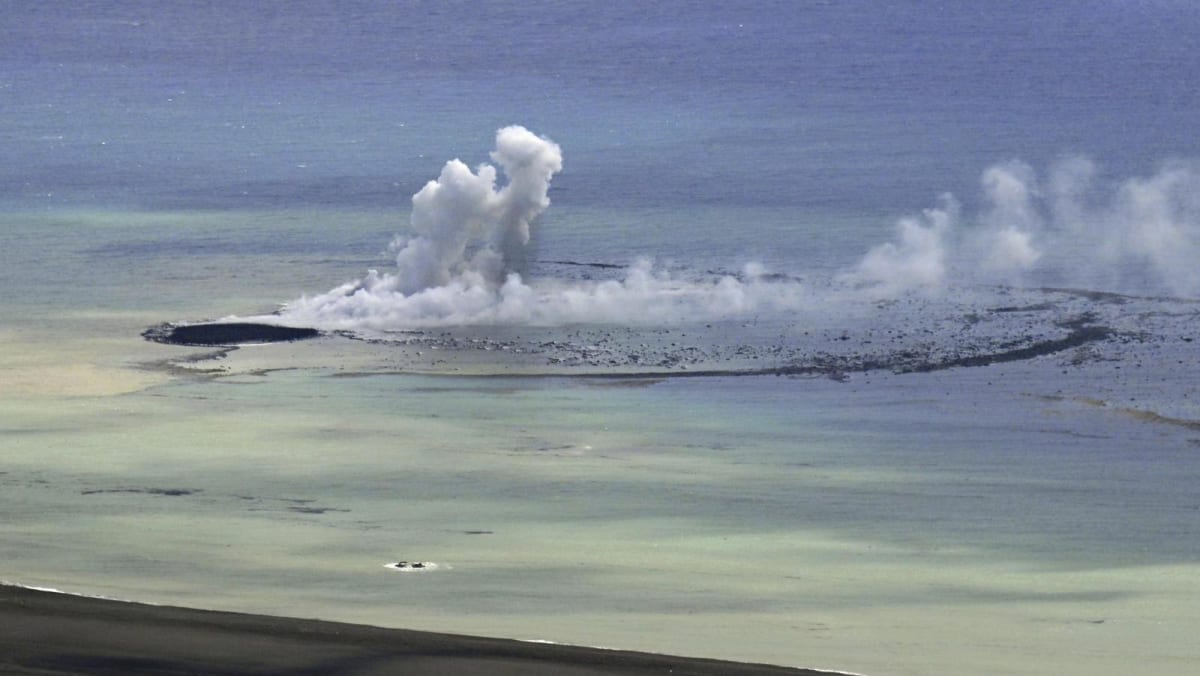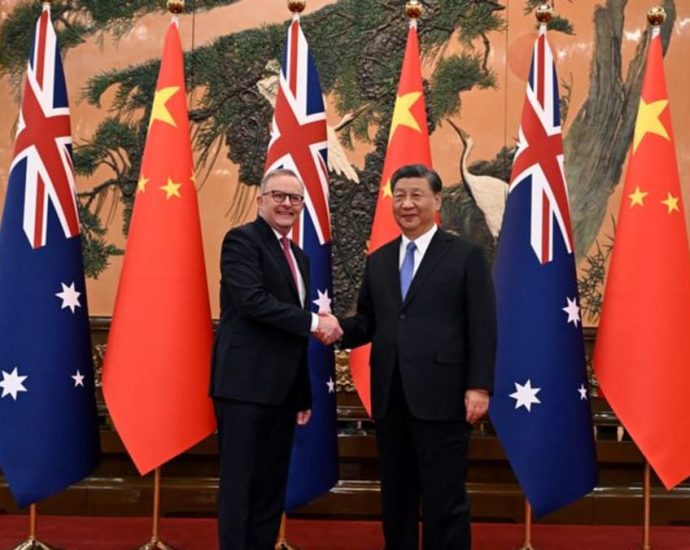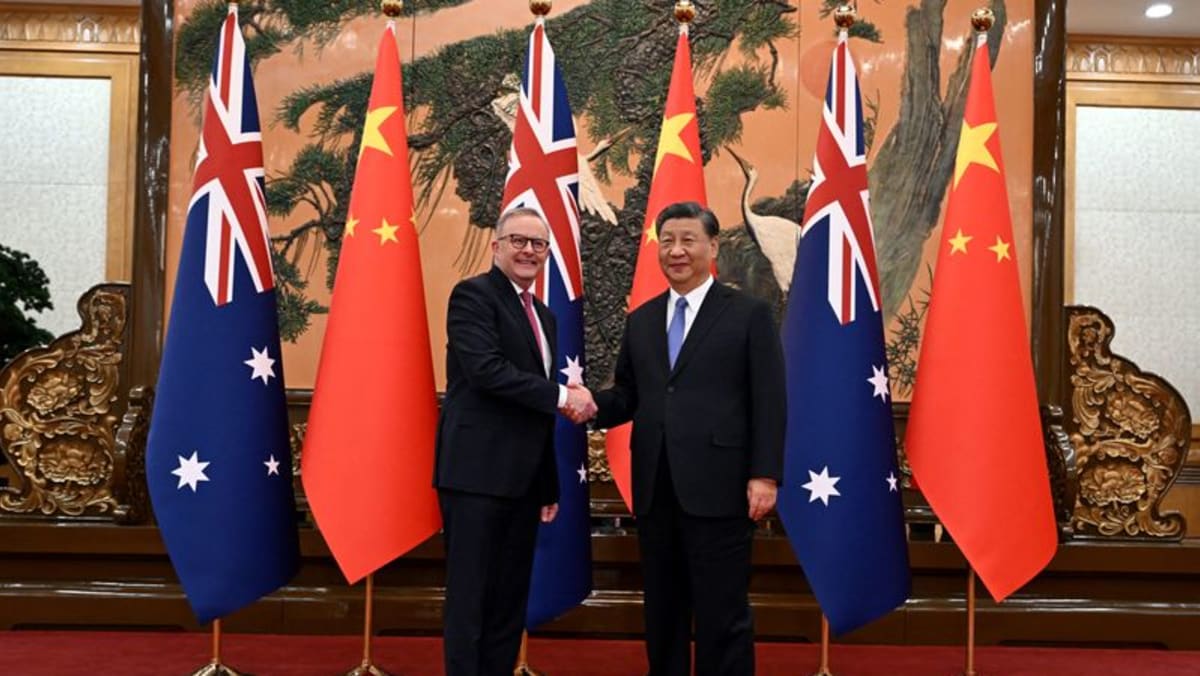Philippines accuses China of ‘dangerous’ actions in South China Sea
MANILA: The Philippines accused the Chinese coast guard on Friday (Nov 10) of “dangerous harassment” of Filipino boats in the disputed South China Sea, including firing a water cannon and blocking vessels on a resupply mission. The incident happened during a Philippine mission to deliver provisions to a tiny garrisonContinue Reading

